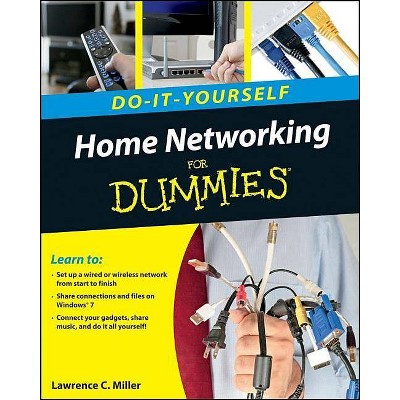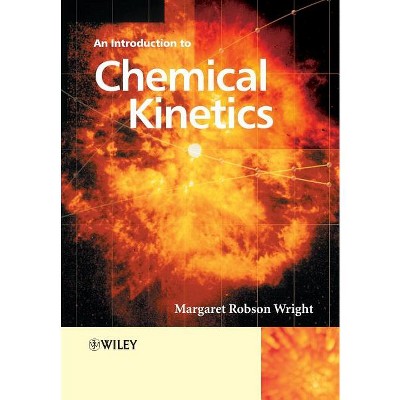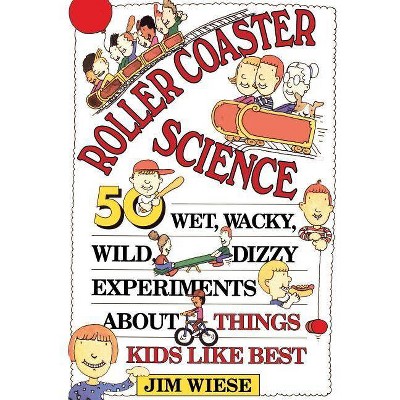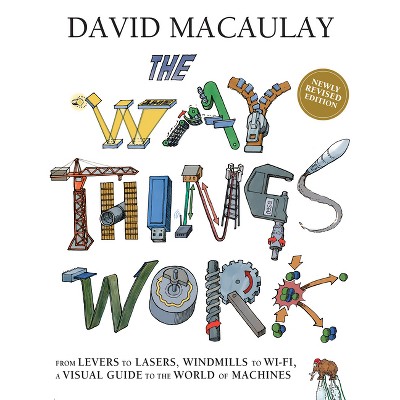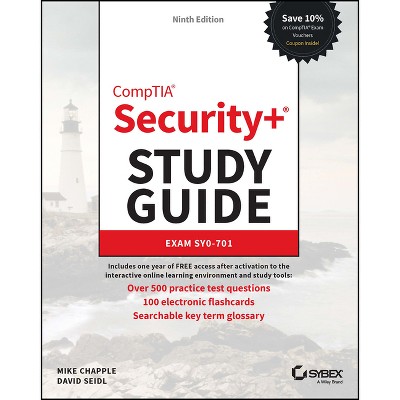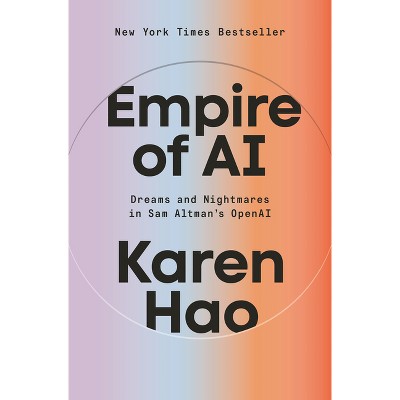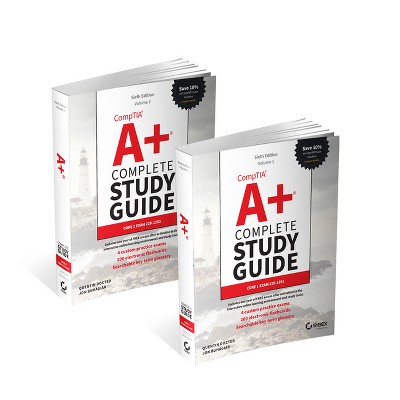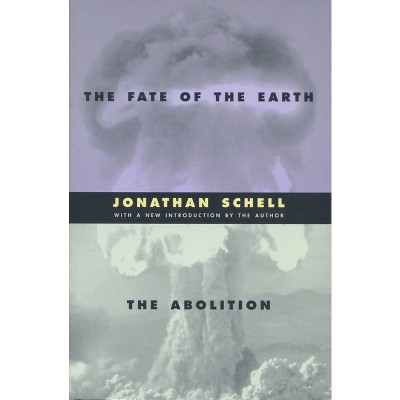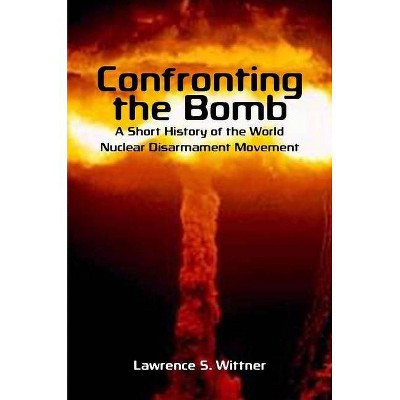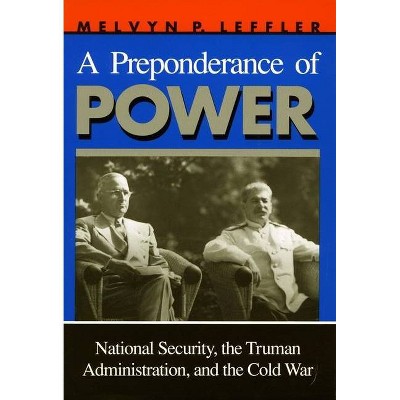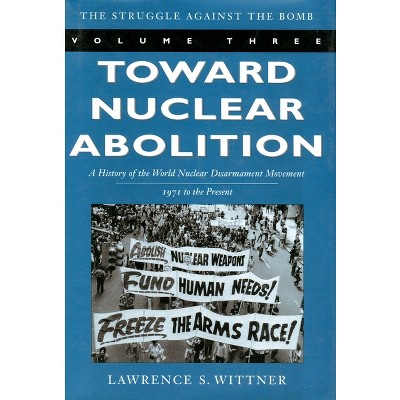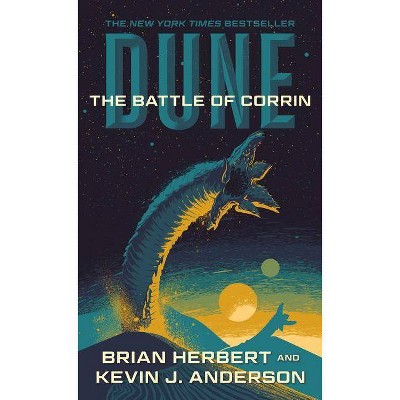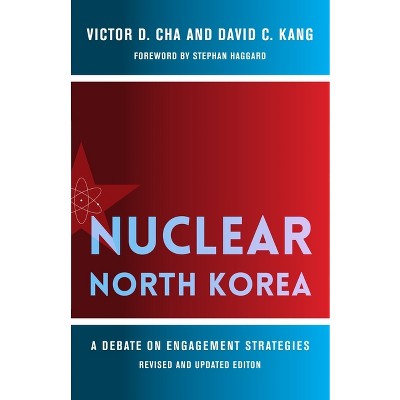Sponsored

The Advisors - (Stanford Nuclear Age) by Herbert F York (Paperback)
In Stock
Sponsored
About this item
Highlights
- First published in 1976, The Advisors is an absorbing look at the technical, strategic, and human aspects of the great debate that led to the decision to build the first hydrogen bomb, Based on the author's own participation in Project Superbomb, on interviews with other participants, and on declassified documents, this book explains the complete background to this major acceleration of the nuclear arms race.
- Author(s): Herbert F York
- 220 Pages
- Technology, Military Science
- Series Name: Stanford Nuclear Age
Description
Book Synopsis
First published in 1976, The Advisors is an absorbing look at the technical, strategic, and human aspects of the great debate that led to the decision to build the first hydrogen bomb, Based on the author's own participation in Project Superbomb, on interviews with other participants, and on declassified documents, this book explains the complete background to this major acceleration of the nuclear arms race.
For this reissue, the author has written a new Preface and Epilogue. The reissue also includes a recently declassified essay by Hans A. Bethe discussing the history of the H-bomb project from his unique vantage point as Director of the Theoretical Division at Los Alamos. He has revised the essay specifically for inclusion in this book.
Review Quotes
"An important book, disclosing for the first time what went on behind the scenes. . . . An appendix contains the text, written in 1949 but only declassified in 1974, of the report of the General Advisory Committee to the Atomic Energy Commission, advising against a high-priority program to develop the bomb. . . . It is by itself worth the price of the book. It is a historical document of rare quality, brief, factual, and eloquent."
Science
"York clearly writes with an insider's knowledge . . . telling a gripping story about a major event."
Isis
"York is uniquely qualified to analyze and to assess this historical decision."
Physics Today
